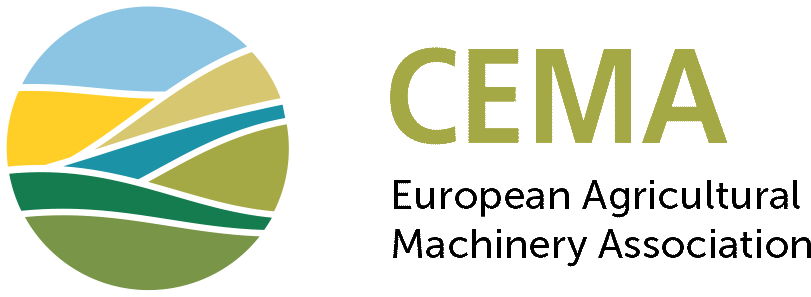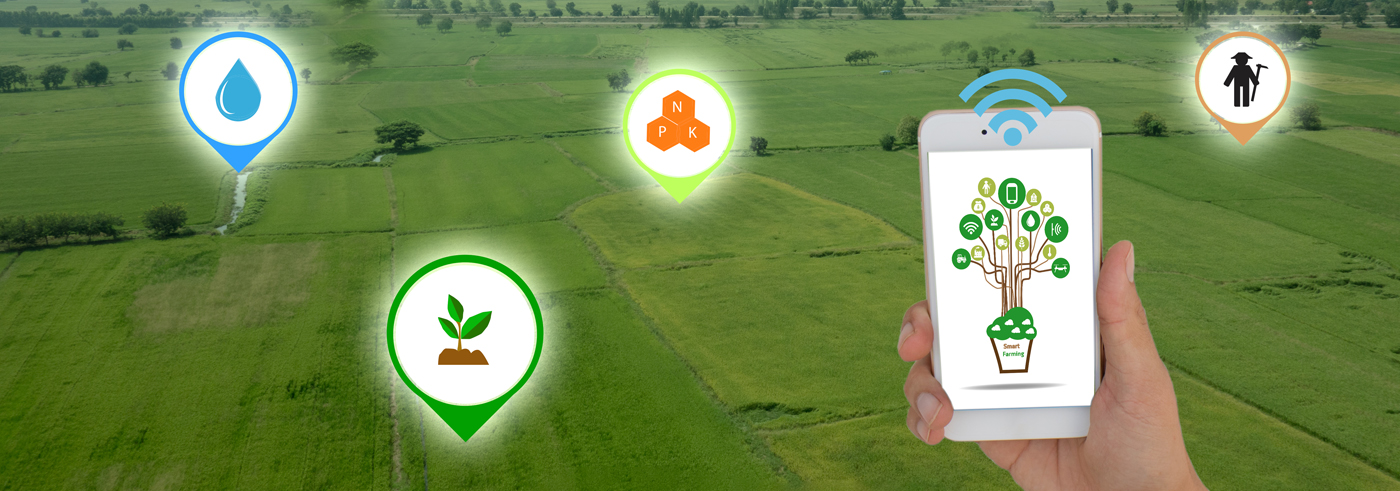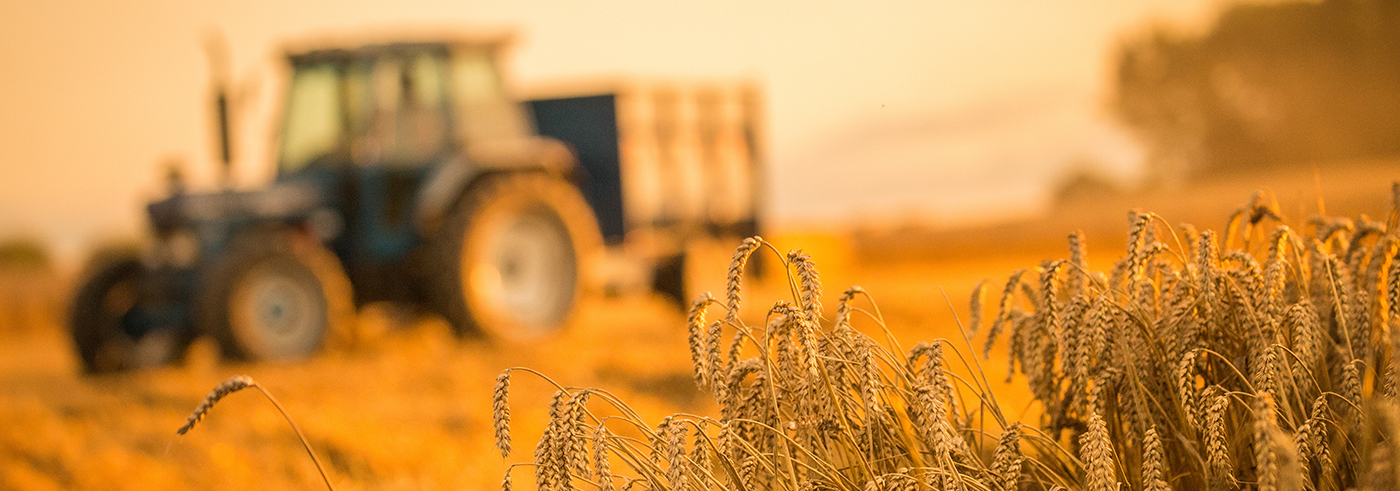Promoting the Circular Economy in agriculture & agricultural machinery: the need for a smart, holistic approach to green products & processes
CEMA supports the idea of improving the circular economy and increasing ressource efficiency in Europe. However when – in the context of a Circular Economy approach – agriculture and agricultural machines are considered, it is of fundamental importance that the specificities of the agricultural sector and the structural differences between consumer goods and capital goods (such as agricultural machinery) are duly taken into account. This means that:
- any future Circular Economy measures must follow a sufficiently coherent and comprehensive approach which considers the multiple interdependencies along the agricultural production chain;
- voluntary, sector-specific, market-based standards should be given priority over direct European regulatory interventions, as the former have proven to be the best way forward to achieve future Circular Economy-related objectives and policies related to agricultural machinery.
With regards to product design & the production phase of agricultural machinery, CEMA believes that:
- a standards-based approach should be followed which takes the production chain into account;
- any product design measures need to take the wider role of machines in optimizing agricultural crop production into account;
- there is no need for further measures on quality in design in relation to the durability, reliability, long life expectancy of agricultural machinery;
- there is no need to review the rules on legal and commercial guarantees:
- there is little room for improvement regarding reparability, upgradability and residual value at the end of use cycles;
- the ‘repair as produced’ principle from RoHS should be extended to REACH;
- the added value for end-users (or lack of it) needs to be considered in any cost-benefit analysis.
With regards to the use of agricultural machinery in farming processes (‘consumption phase’), CEMA believes that:
- the complexity of the ‘consumption phase’ of agricultural machines in farming processes needs to be considered: it should be assessed under which circumstances (e.g. soil conditions, machine combinations, etc.) agricultural machines can be used in an optimal, resource-efficient way.
- the greatest Circular Economy gains can be expected from a faster uptake of smart, connected agricultural machines in the crop production process;
- structural schemes encouraging the consumption of green products could be a valuable option;
- the sustainability benefits of the digital transformation and Internet of Things (IOT) need to be assessed.
In line with the above considerations, CEMA supports the idea of devising dedicated EU measures to promote research and innovation on Circular Economy, encouraging cooperation between relevant actors, promote the uptake of smart machinery in the crop production process and promote the uptake of the resulting green products. A number of guiding principles for a successful Circular Economy approach for agriculture & agricultural machinery can be found in the attached position paper.






